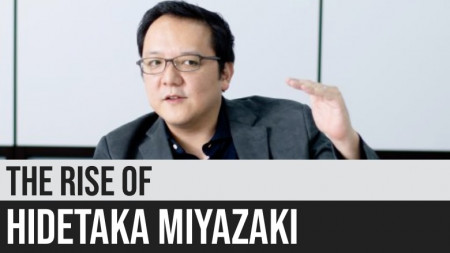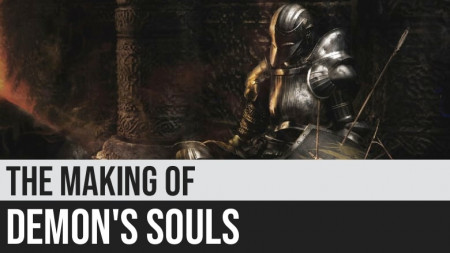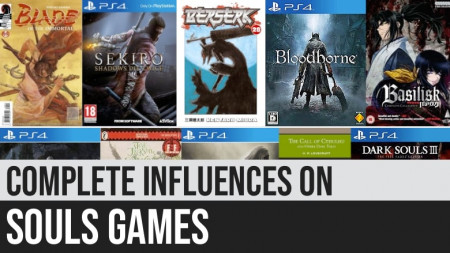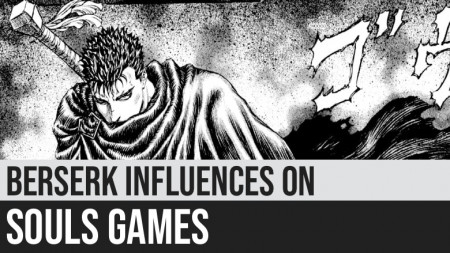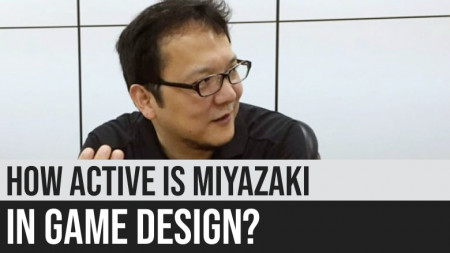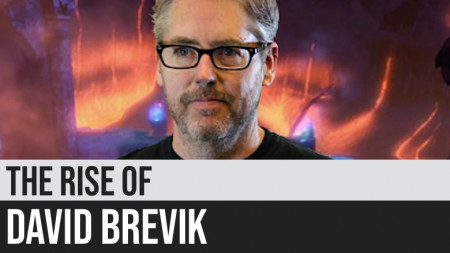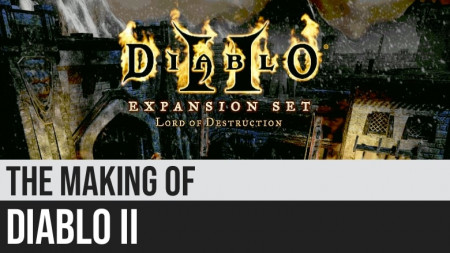
Game Design: High Integrity
2 High Integrity
The primary cost of playing a game is time and whatever the player chooses not to do after deciding to play the game.
Like in any other human activity, this utilized time will never be regained. Hence, it is crucial that the quality of the time spent on the game is always maintained as a homage to the past sessions and as a herald to more plays in the future.
This quality of playtime reflects the integrity of the game and manifests through its features’ consistency and unity.
How the game treats the quality of this time is a reflection of how the game treats the players. When a game trivializes itself, it disrespects the players as well.
When the integrity of the game gets broken or eroded either through cheats or hacks or stray features that break the consistency and unity of the whole, the value of the playtime spent in the past diminishes, and the quality of future plays degrades as well.
The Mechdamon games are designed to respect the player and the time he dedicates to playing them.
The greatest respect a game can give to the players is through respecting itself, by having the highest integrity it can have.
2.1 Player Contract
When a player begins a game, he enters a contract with the creators of the game. The player places himself in a state of vulnerability and openness to things that he might not like, and that are not within his control.
He willingly subjects himself to whatever the creators plan to put him through, with the expectation that the journey will always lead to a desirable experience and change in his state of emotions.
The player relies on this implicit contract and puts his trust in the creators that whatever happens in the game, no matter how challenging or frustrating things go, the game will always deliver or exceed the expectation he had set when he decided to play the game through the Pull to Begin, Continue, or Return.
The Mechdamon games are very much aware and mindful of this implicit contract with the players, as early as the game design and throughout the implementation and support of the games.
This is the reason why the first 2 out of the 15 main principles are about (1) Unity of Purpose and (2) High Integrity.
2.1.1 No Guide Contract
The Mechdamon games are best played without using any game guides. No matter how the player plays, it is guaranteed that he will fully experience the game and not miss anything (1.5 Nothing is Optional and 1.5.4 Unmissable Features).
When the player becomes blocked, and he will regularly be as this is by design (3.3 Mandatory Wallers), it will not be through some mystery door or mechanic that needs to be checked online how to activate.
There are (1.8.1.3) No Puzzles in the game, and the blockers are always resolved through Combat.
2.2 Consequence and Accountability
When a player loses in the game, what else does he lose aside from the actual time he spent playing?
From the mindset of a consumer, time spent on a battle that leads to a win is not lost. It is when he experiences a defeat that the mind projects the time lost.
Losing is a natural consequence when playing a game. But what else do you lose when you experience a defeat?
In a well-designed game, the player is always accountable for a defeat, no matter how unfair the battle is. The player could not blame the game as he is within the Player Contract.
But the question of what the player loses aside from time is not a player question; it is a creator question and gets embedded in the game as a permanent mechanic.
The typical approaches when a player loses are:
- Nothing is lost.
- Something is lost, and it is not retrievable.
- Something is lost, but it is retrievable.
Among the options above, option 1 is the least engaging as it diminishes the Consequence and Accountability. Something should be at risk to highlight the consequence and to heighten accountability.
The Mechdamon games use a mechanic such that the burden of deciding whether something gets lost or not is in the player’s hands. He might lose it all or none, depending on his decision. This way, the consequence is present and real, and the accountability is even more heightened.
The guidelines under 2.4 (Player in Full Control) give more details on this.
2.3 Challenge and Achievement
More than others, the Mechdamon games are designed primarily to give a challenging experience to the players.
But this Challenge is only valuable when the game has High Integrity and does not in any way trivializes itself or allow it to happen.
This is why we dedicated 3 out of the 15 main principles to ensuring the Challenge in the game is never compromised.
A challenging game, coupled with consistent and unified mechanics, leads to a solid Sense of Achievement.
2.4 Player in Full Control
As a part of the High Integrity and Player Contract, we believe that players should have full control of the games they own.
Inside the game, the player is subject to the Player Contract with the creator. But that ends when he quits the game.
Outside the game, the player is in full control.
This means that there should be no mechanic in the game that affects the player when he is outside it. It means the game is exactly in the same state as when he quits it.
We also extended this on how the player saves the game in 2.4.2 (Player Manually Saves)
2.4.1 No External Time-based Mechanics
There should be no mechanic where the player’s real time gets involved while playing the game or after.
The game should not have an awareness of the player’s real time nor include it in any of its mechanics.
Guideline 2.6 (Healthy Engagement Loop) gives more details on why some game mechanics contribute and lead to unhealthy player behaviors that are detrimental to their health or mindset.
2.4.2 Player Manually Saves
The decision when a game saves is part of the Player Contract and is in the hands of the creator. This is why it is often not within the player’s control.
In Mechdamon, we give back this control to the player while still maintaining a high sense of Consequence and Accountability.
In 2.2 (Consequence and Accountability), we shared that the player is always accountable for his defeats and for anything that he loses as a consequence of this. By giving back to the player the control over when and where he can save the state of the game, he becomes even more accountable for his gains and losses.
2.4.2.1 Regain Saved State
In Mechdamon, the player regains his saved state after facing a defeat. This, coupled with Manual Saving, ensures that the player has full control and accountability.
2.5 No Compromises
Being a game that uses Challenge as the primary of its three Game Loops, Mechdamon is conscientious about maintaining its High Integrity.
In the end, the Challenge should always be worth it, and that should never change in the course of a continuously playable game.
2.5.1 One Difficulty
As a direct consequence of No Compromises, there should only be One Difficulty in all the Mechdamon games.
To ensure the Challenge does not block any potential or continuing player from the Pull to Begin, to Continue, and to Return, we dedicated 1 out of the 15 main principles on this topic: 6 Reasonable Difficulty.
The Mechdamon games are designed to be playable by all players with varying motor skills while maintaining only One Difficulty.
The guidelines for 6.1 (Playable up to Old Age) and 6.1.1 (8 and 80 Skill Test) give more details on this.
2.6 Healthy Engagement Loop
In 2.1 (Player Contract), we shared that a player enters a contract with the game’s creators when he begins playing. Whether he is aware of it or not, it does not change the fact that from there onwards, he will play according to the whims and rules of the creators.
Example: If the creator, through the game’s mechanics, says that you have to ride a bicycle 20 times around a plaza to hatch an egg, then you have no choice but to do that. Either you use that mechanic, or you quit the game, ending the Player Contract.
Some games, whether by intent or not, can influence and lead the players to unhealthy behaviors within and outside the game.
Mechdamon is very much aware of this and is designed exactly to counter such malpractices by creating this Manifesto and laying out the principles and guidelines as transparently as possible.
As a general rule, if a creator wants to apply a mechanic only to the player and not to himself, then that mechanic is not good and should be removed.
2.6.1 No Farming
Most creators use Farming mechanics to extend a game’s length and pad its content. It is not just a bad practice that leads to unhealthy player behavior but also a bad game design.
Farming manifests itself when the player performs repetitive activities that he does not want to do but feels compelled to do, so he can actually “play the game” or “continue the game.” While doing these “farming” activities, he does not feel engaged; in fact, he will typically perform another activity outside gaming, like watching a Film or a TV Show, just to make the playtime bearable and so he could “move on in the game.”
There is nothing worse for the High Integrity of a game than having these mechanics.
The Mechdamon games are designed not to have any farming mechanics.
2.6.1.1 No RNG in Rewards
The main reason Farming mechanics are possible in most games is due to another widespread mechanic: RNG in rewards.
By making the reward of activity random, the creators can compel the player to perform repetitive, tedious activities, hence making the game longer. Whether it is their intent or not, this RNG mechanic can introduce unhealthy behavior in the players.
When the reward of the activity is random, it acts like a slot machine. There is no engagement in the activity as players do not like it. They just want to get the reward.
All rewards in the Mechdamon games are deterministic.
